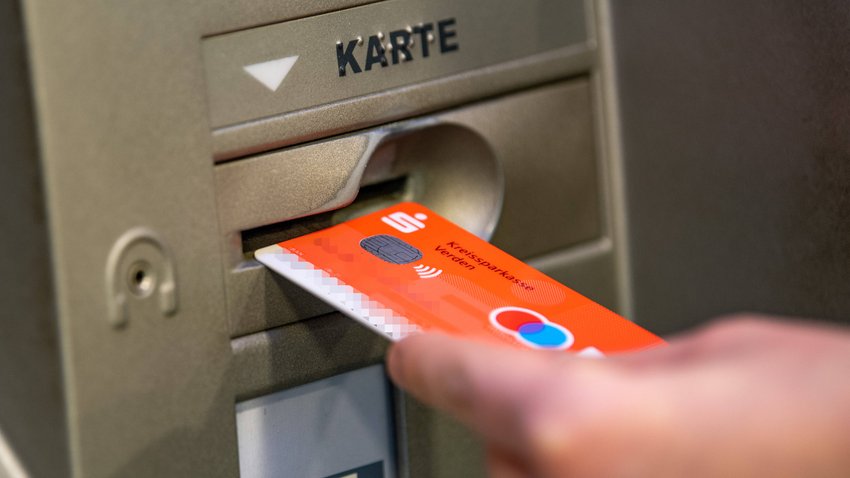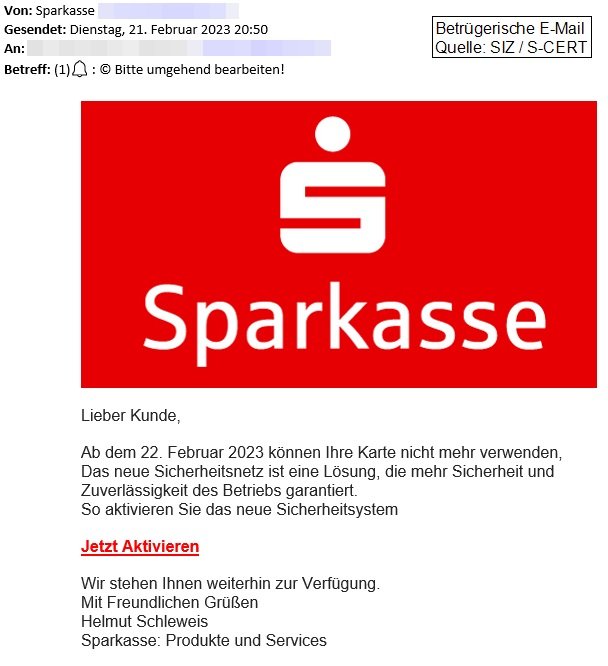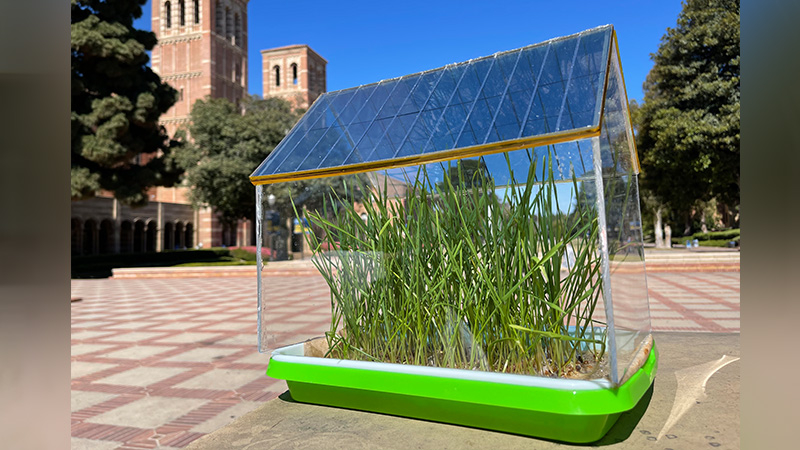If you fall for it, you lose your money

If you are a Sparkasse customer, you should be very careful about which e-mails you consider genuine. The savings bank is currently warning of a new scam that is very cleverly done and, in the worst case, can cost you your money.
Sparkasse warns of new rip-off scam
The Sparkasse has issued an urgent warning. A new phishing method is currently in circulation that can cost you dearly. Specifically, the Sparkasse is currently warning of one E-mail with the subject “Please process immediately!”. Supposedly the card is blocked if a new “safety net” is not activated. In fact, the scammers want you lured to a phishing site, where they ask for your Sparkasse access data. If that works, you should release another payment. This is how the attackers can gain access to your account and rob you of your money (source: savings bank).

The fake e-mails from the savings bank look real and confusing. That is why the Sparkasse is currently warning of this. The mail are been on the road for a few days and have probably already caused damage, otherwise the savings bank would not focus on it so much. If you receive such an e-mail, you must under no circumstances click on a link in the e-mail and log in to the fake page. If you are unsure whether the email is genuine, simply call your bank and ask. I always do that too. The employees know their way around and know whether such emails have been sent.
What phishing means, we tell you in the video:
Older phishing methods still in circulation
It happens again and again that older phishing methods reappear. In particular, e-mails threatening the card to be blocked or problems are sent regularly. Accordingly, you should be on your guard and always question whether the e-mails are genuine, especially when it comes to e-mails from banks or other important institutions.
Don’t want to miss any more news about technology, games and pop culture? No current tests and guides? Then follow us
Facebook
or Twitter.


